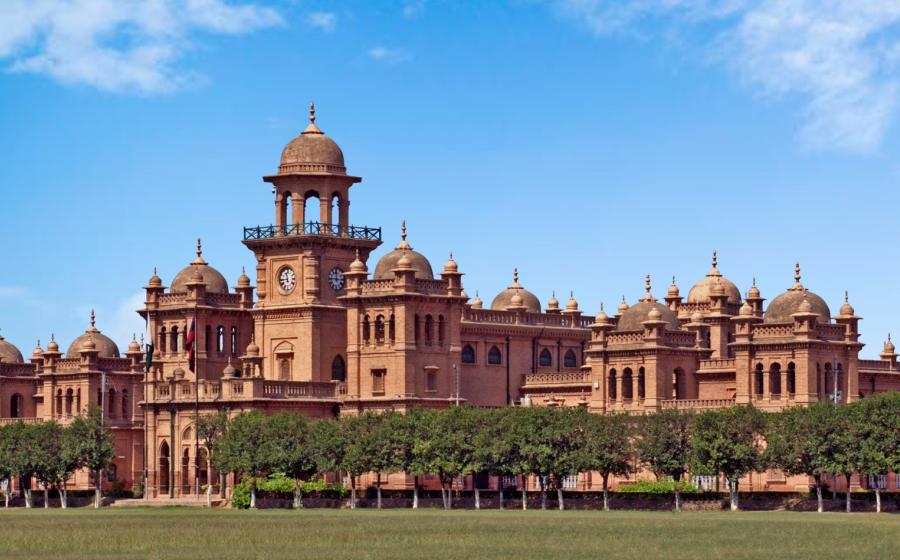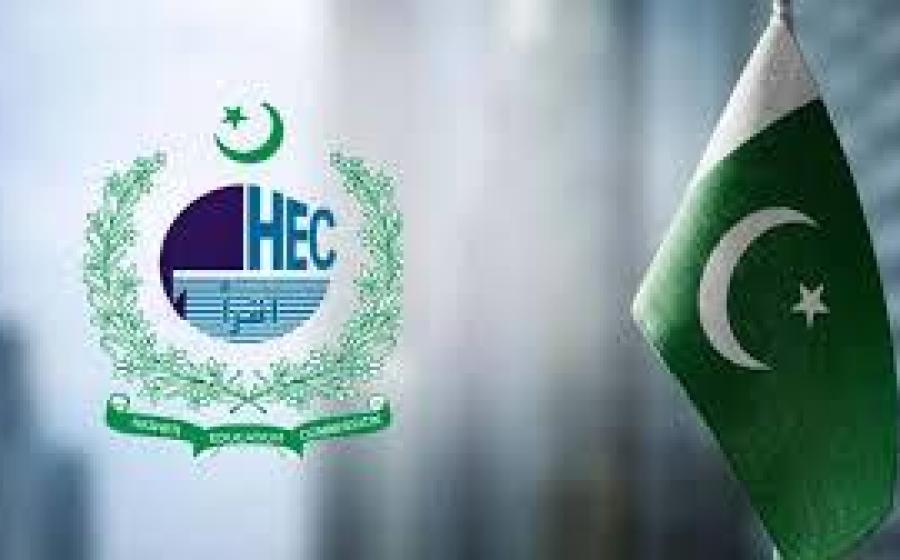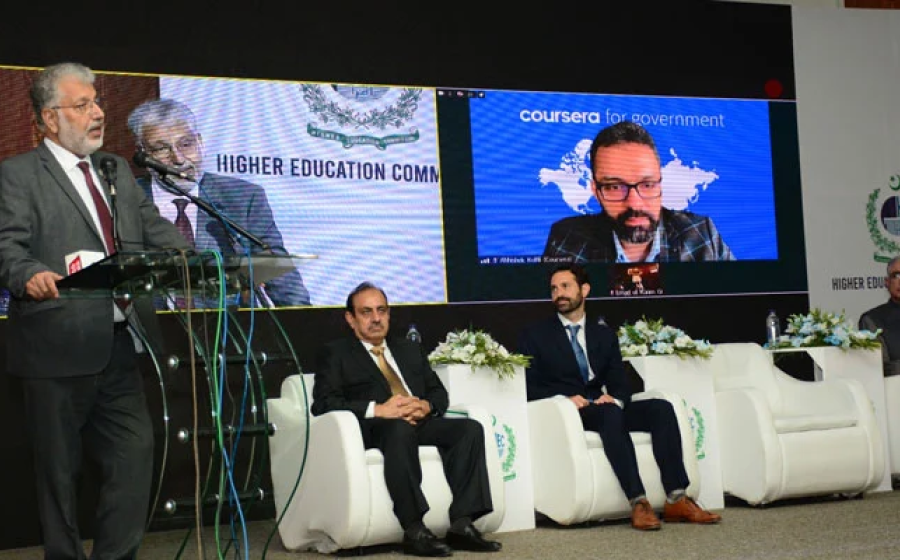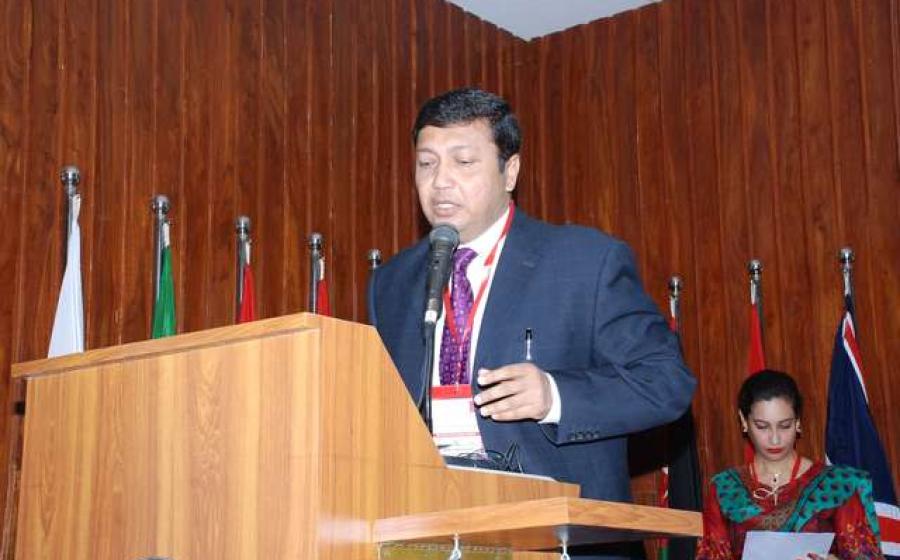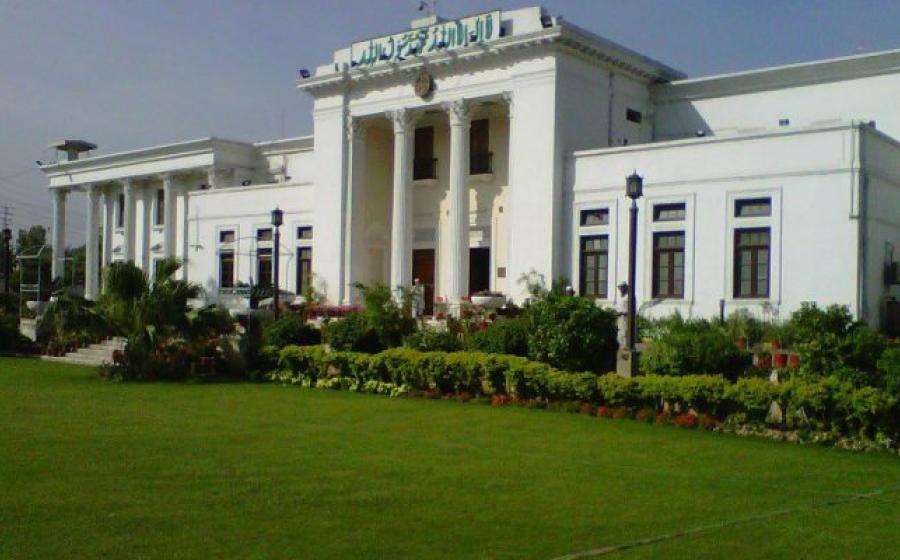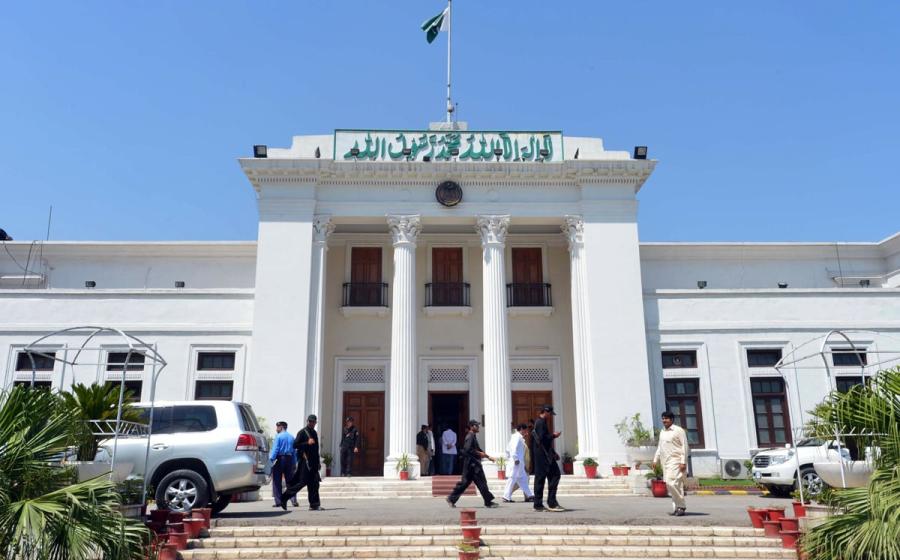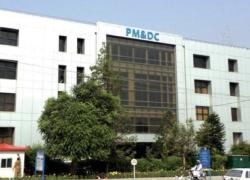The Higher Education Commission (HEC) of Pakistan has launched the third phase of its partnership with Coursera, offering Pakistani students free access to over 4,000 specialized courses from leading global universities. Building on the success of previous phases, this initiative focuses on employability through industry-aligned learning paths and professional certificates, aiming to enroll 50,000+ students in its first year. The program addresses practical challenges like internet connectivity and language barriers, making quality education accessible across Pakistan while creating a skilled workforce ready for the digital age. This HEC-Coursera collaboration represents a significant step in transforming Pakistan's educational landscape and serves as a model for developing nations.

